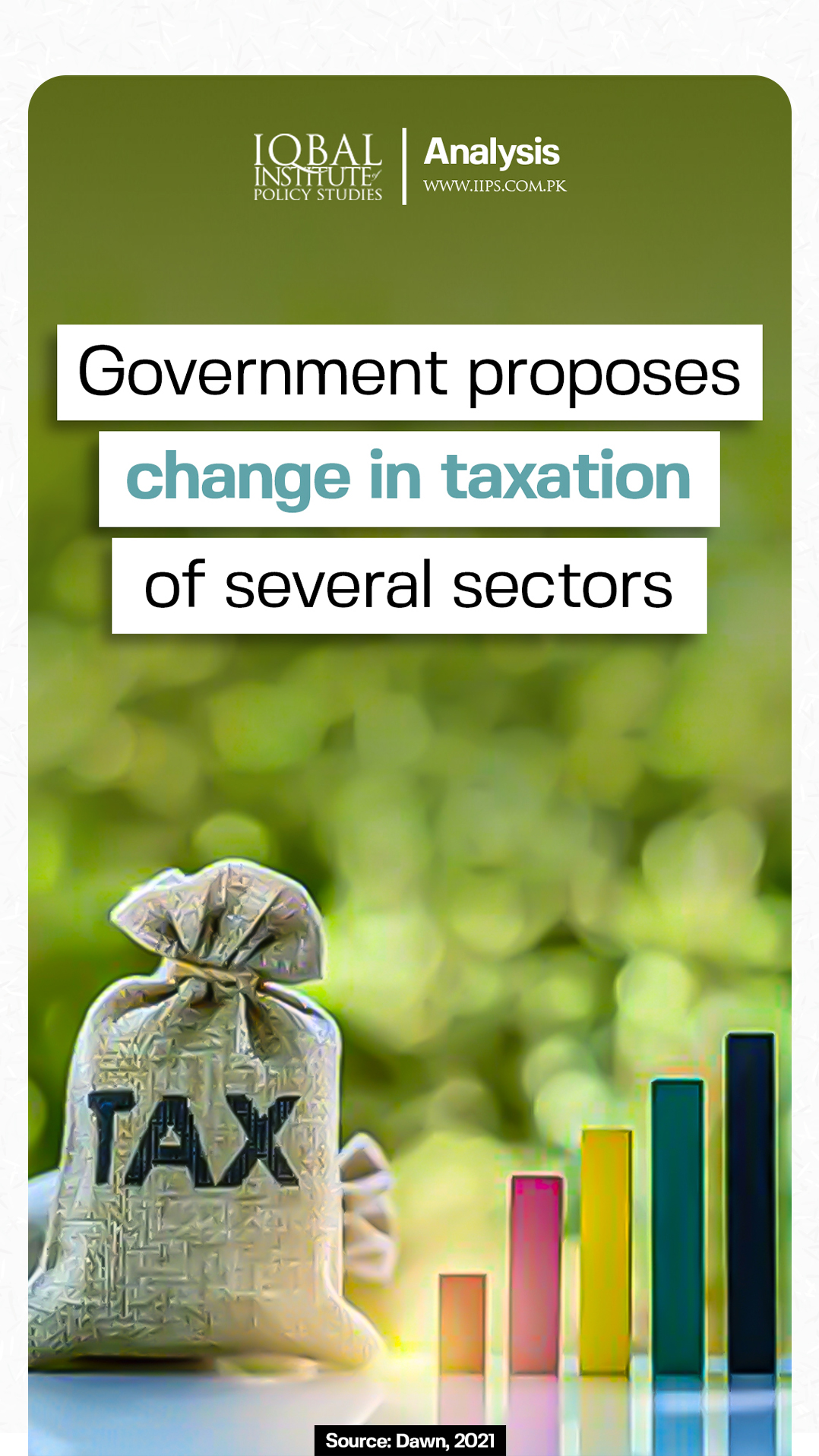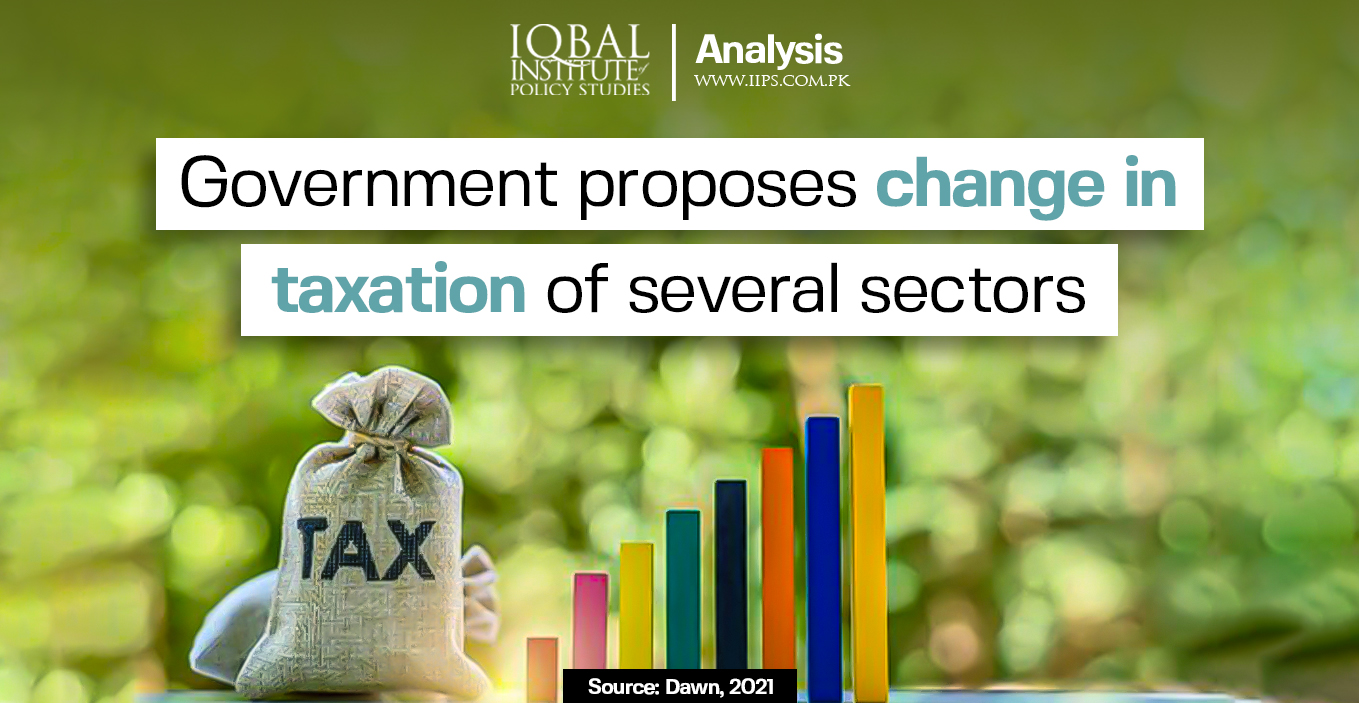The Government has finalised the mini-budget of Rs343 billion and has proposed changes in the taxation of several sectors. An increase of 17 per cent sales tax has been imposed on essential consumable items and industrial goods. These goods include milk, cereals, meat, chicken, bakery items, gold, mobile phones, bicycles, and electric cars. The income tax on cellular services has also increased by 50 per cent to generate governmental revenue of Rs5 billion. The Central Authority has also imposed a 35 per cent tax on the dividend received by the non-Real Estate Investment Trust (REIT). The subsidies on electricity have also been removed by the Government. The withdrawal of tax exemption is part of the pre-conditions of the International Monetary Fund (IMF) for the revival of the $6 billion bailout program.
At present, the inflation rate in the country is about 11.56 %. However, with this newly imposed tax rate, it is expected that inflation will go further high. Excessive inflation leads to lower growth and instability, creating uncertainty and lower investment in the country. It reduces international competitiveness and the value of savings. Although to offset its impact, the incumbent Government is planning to give a subsidy of about Rs41 billion. Another subsidy of about Rs5 billion on grains other than wheat, rice, and flour will also be given. However, these subsidies will not be enough to mitigate the impact of the withdrawal of tax exemptions.



Leave a Reply